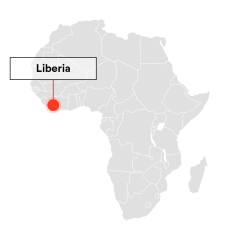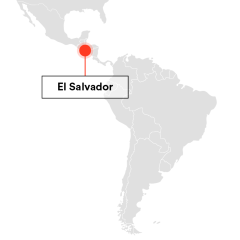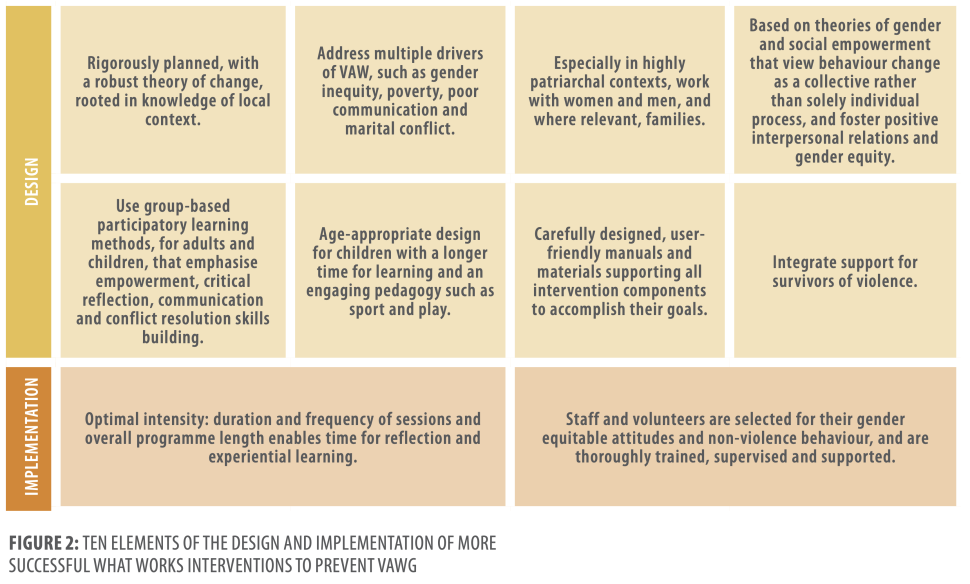Design a comprehensive prevention strategy

Design a comprehensive prevention strategy
Case Studies

The Spotlight Initiative programme in Liberia developed a Comprehensive Prevention Strategy for the prevention of sexual and gender-based violence (SGBV) and harmful practices through a coordinated and multi-stakeholder partnership. It is the first comprehensive prevention strategy in the region and in Africa which is:
- Informed by a literature review and a participatory approach to primary and secondary data collection and analysis to assess risk and protective factors; engaging stakeholders at national, county and community levels including Government ministries, law enforcement, the judiciary, health service providers, international and local non-governmental organisations (NGOs) and civil society organisations (CSOs), the media, the private sector, United Nations agencies, development partners, community leaders and community members, including girls and boys. A mixed-methods approach was used for the primary data collection, including semi-structured interviews for KIs at national and county level, focus group discussions (FGDs), interviews with community members and observation.
- Underpinned by a national framework with guiding principles and approaches, including a human-rights based approach, international and national normative and policy framework, do no harm and leave no one behind principles, and national ownership.
- Built on the socioecological framework, which views interpersonal violence as the outcome of the interaction between many factors at four levels – individual, relationship, community and societal. It provides a model for understanding some of the key factors and interactive effects of factors that determine behaviours and contribute to violence.
- Guided by a vision to change/address gender-inequitable norms to reduce SGBV and harmful practices, including through promoting sexual and reproductive health and rights. This is accompanied by an implementation plan and communication strategy - proposing interventions and approaches to be used; responsible parties; key actors involved; proposed timeframe; how to inform community-based communication interventions; and recommendations to facilitate implementation of the Strategy.
- Formed on lessons learned and best practice for programme approaches, such as UNICEF’s communication for development minimum quality standards and indicators in community engagement.
- Driven by a main objective, that aims to tackle social norms and practices that are the root causes of gender inequality, discrimination and VAWG, and 5 outcomes covering all levels of the socioecological model, that inform the design of programme approaches.
- Accountable. The Strategy highlights the key actors responsible for coordinating and monitoring Strategy implementation at national level and monitoring Strategy interventions at county level as well as governance mechanisms such as Steering Committees to accompany and guide the Strategy.
The final strategy was translated into local languages, and paired with visual aids to support people who are blind or illiterate, who are often marginalised. In 2021, a total of 11,247 people from 225 communities in Liberia reported increased knowledge of the Comprehensive Prevention Strategy, the continuum of sexual gender-based violence and domestic violence, referral pathways and how to report cases through the Spotlight Initiative programme’s efforts.
Read more about the Comprehensive Sexual and Gender-Based Violence Prevention Strategy for Liberia.



In 2022, the Spotlight Initiative Latin America Regional Programme was able to map and collect more than 600 gender-based violence prevention strategies from 18 countries, generating important recommendations on effective GBV prevention strategies. Some of the recommendations include:
- Reinforcing critical approaches, intersectional analysis, and taking a multicultural dimension
- Identifying conditions and barriers of access to information and state actions and policies
- Enhancing sustainability and scaling up of processes, and leadership that promotes the building of social norms that have zero tolerance for GBV
- Promoting engagement and multi-stakeholder partnerships
- Building on learnings
- Strengthening the social-community fabric in order to raise awareness of GBV in society and feminist and women's organisations
The results and recommendations of this research were shared via a georeferenced map of prevention initiatives, a document of recommendations on promising practices, and a series of podcasts to socialize this evidence. The results were also shared in 12 political dialogues with government, civil society, academic actors, and the UN. Map of prevention strategies.
Learn more about the research on GBV prevention here.








